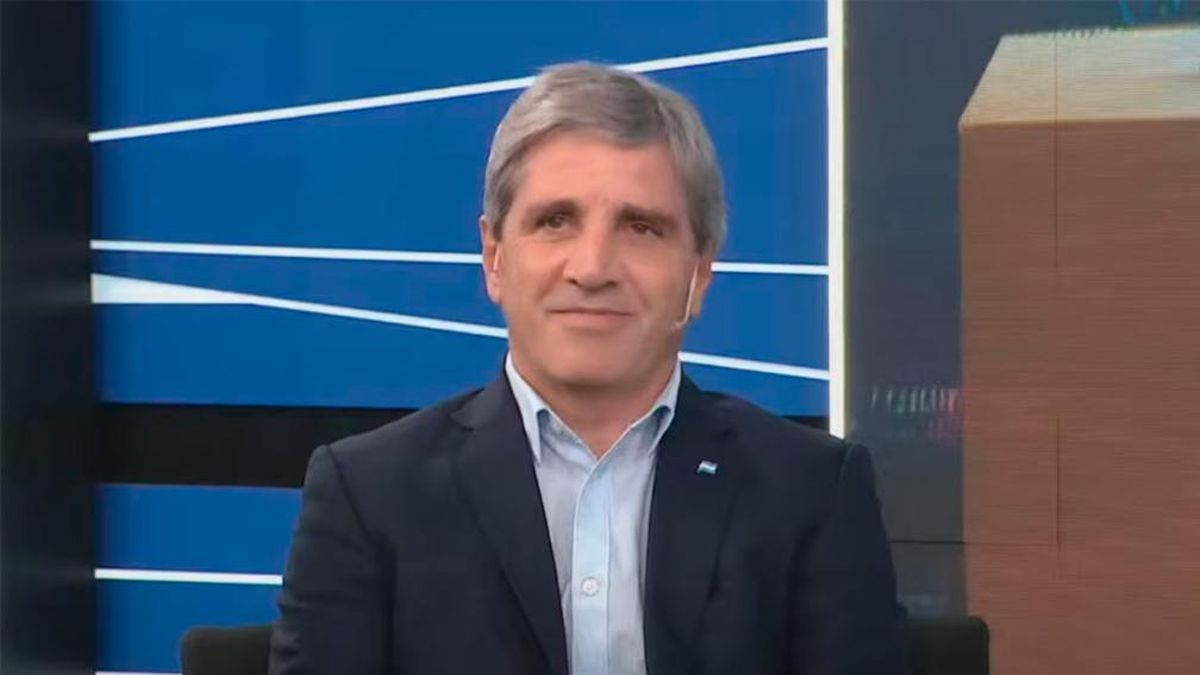Image: GEPA pictures
“Sometimes you have to make quick decisions. From the moment I heard about this opportunity, I knew it was the right thing for me.” This is how Marcel Sabitzer explained his move from German record champions Bayern Munich to England’s Manchester United.
The 68-time ÖFB team player is the first Austrian with the “Red Devils”, but the guest appearance could be short: the loan contract until summer does not include a purchase option. Manchester United reacted to Christian Eriksen’s absence until April.
At Bayern, Sabitzer fell behind Joshua Kimmich, Jamal Musiala, Leon Goretzka, Thomas Müller and Ryan Gravenberch in the race for three central midfield positions. At Manchester United, the competitors are now Casemiro, Bruno Fernandes, Fred and Scott McTominay. Sabitzer: “I have the feeling that I’m at my best as a player and that I can bring a lot of experience and energy to the team.” His contract with Bayern runs until June 2025, but it is unlikely that he will ever wear the Munich jersey again: Konrad Laimer will be another competitor from Leipzig in the summer.
Chelsea on a spending spree
While Manchester United were cheap with the loan of Sabitzer, Wout Weghorst and Jack Butland in the winter, Chelsea invested around 330 million euros for eight additions – more than the clubs of the German Bundesliga, Italy’s Serie A, Spain’s La Liga and France’s Ligue 1 combined . On the last day of the transfer window, the new manager Todd Boehly fixed the transfer of Enzo Fernandes, for which Benfica conceded 121 million euros.
The 22-year-old midfielder signed until the summer of 2031, as did Mykhaylo Mudryk (€70m from Shakhtar Donetsk) before him. At first it was assumed that the American Boehly with the unusually long contracts would build the team along the lines of the US teams in baseball or football.
However, it should primarily serve as a loophole for UEFA’s financial fair play. Transfer fees are amortized on the balance sheet over the player’s entire contract term. This means that the FFP is significantly less burdened each year by high transfer expenses.
Source: Nachrichten




